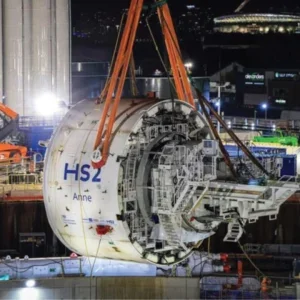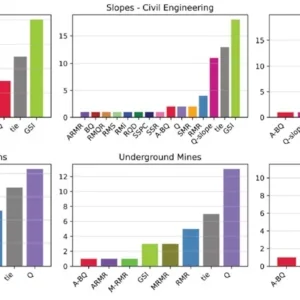If, as alluded to in last month’s comment, Cern’s large Hadron Collider doesn’t finish us all off, then it appears that many of the world’s more unscrupulous financial fat cats have been doing a pretty good job of it themselves. It’s ironic, all that sensationalist media hype of mad scientists creating a black hole sucking us all to our fate, whilst a selection of insatiably greedy banks have surreptitiously created a gargantuan – and very real – black hole of their own, now sucking in hundreds of billions of dollars of tax payer’s money in a last ditch bid to bail them, and hopefully us, out.
International news is dominated with grim tales of an impending, possibly unavoidable, world recession as economies crumble in the wake of irresponsible financial management. It makes for a depressing read, credit crunch this, credit crunch that, cascading house prices, widespread unemployment, even super power China has admitted to an unexpected fall in its economic growth rate for the third quarter in succession, with very real fears that its previously booming economy is heading for a severe downturn.
But hey, it’s not all bad news. Far from a time to ‘baton down the hatches’, economic recession has historically proved to be a time for the civil engineer to thrive, as the shrewder governments re-allocate public funds and create initiatives for the development of much needed infrastructure. Roosevelt’s heavy investment in the New Deal during America’s rather oddly named ‘Great’ Depression of the 1930’s can be sited as a clear example of nearly 10M jobs being created specifically to build infrastructure and provide a platform for the country’s future economic growth.
It is a simple case of forward planning, and the benefits are two-fold. Much needed employment is provided during the bleaker days, whilst invaluable infrastructure is created to bolster the country’s ability to compete on the international stage when the storm clouds of recession abate, as they always do.
So, instead of following the overwhelming trend of gloominess, cheer up, it could prove a time when civil engineers can stand up and really show their worth.
One word of warning though, with many of these large scale engineering projects being driven by public spending it is vital that the upper reaches of project management are placed in the hands of those best to deal with it. Many of the so-called professional ‘money-men’ have shown themselves incapable of managing money, a discipline they are supposed to understand, in a trustworthy and efficient manor. What hope of them managing construction, a discipline they most likely have little comprehension of, in any other way?
I genuinely hope this will never be forgotten, and that when these huge infrastructure projects get up and running it is Engineers at the helm, not bureaucratic financial meddlers who’ve had their chance – and blew it.
Tris Thomas






